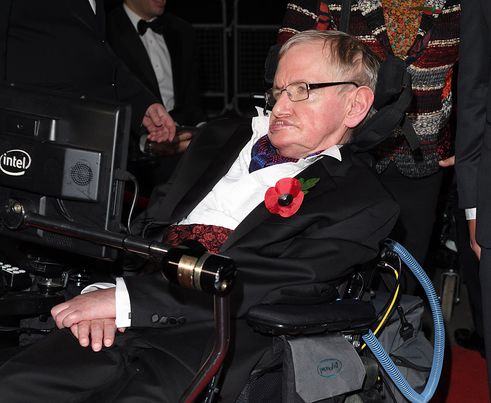Stephen Hawking shared his views on God and the afterlife in his final book, “Brief Answers to the Big Questions.” Known for his groundbreaking work in cosmology, Hawking’s stance on religion was clear. Diagnosed with ALS at 21, he lived much longer than doctors predicted, becoming the longest-living ALS survivor.
Hawking used a cheek-controlled computer system to communicate. Reflecting on his disability, he wrote, “For centuries, it was believed that disabled people like me were living under a curse inflicted by God. I prefer to think that everything can be explained by the laws of nature.” He believed in scientific laws rather than divine intervention, saying, “There’s probably no Heaven.”
Regarding the afterlife, he stated, “The simplest explanation is there is no God. No one created the universe and no one directs our fate. We have this one life to appreciate the grand design of the universe.” He also warned about the potential dangers of AI, noting, “The development of full artificial intelligence could spell the end of the human race.”

Hawking’s work, including his book “A Brief History of Time,” made significant contributions to our understanding of the universe, such as his theory that black holes emit radiation, now known as Hawking Radiation.





